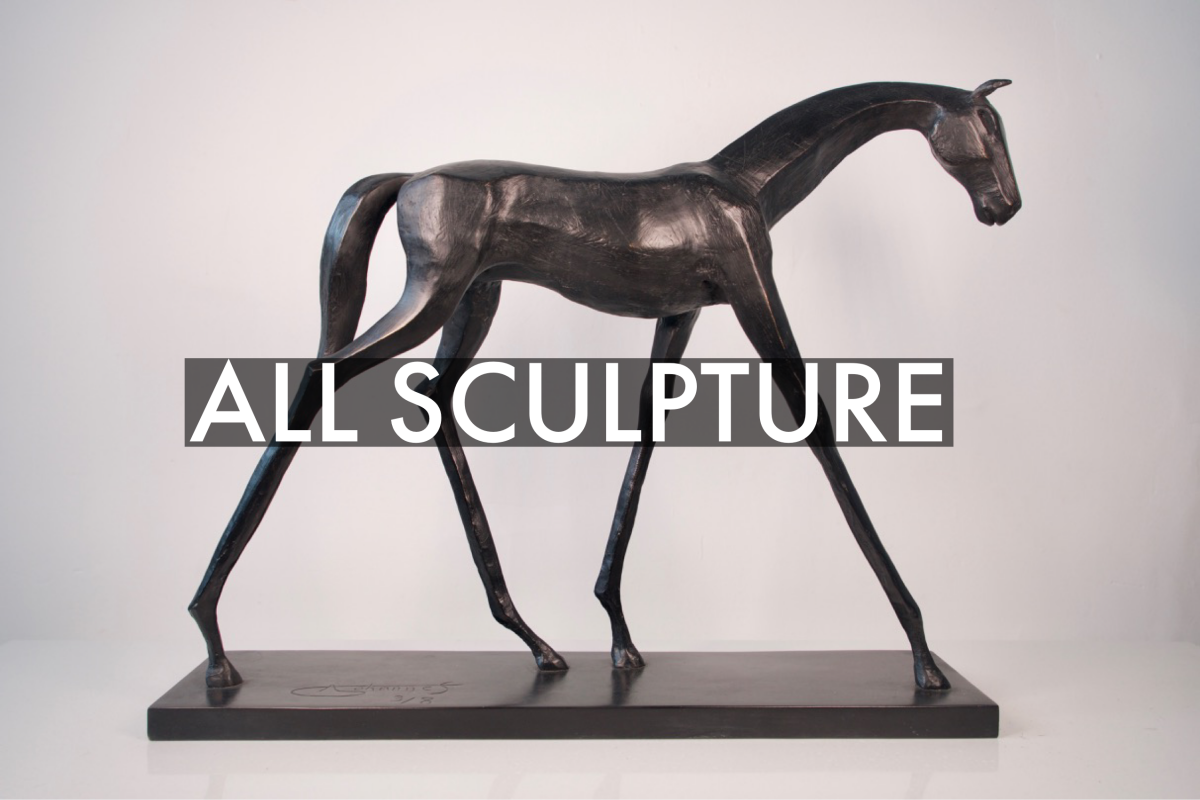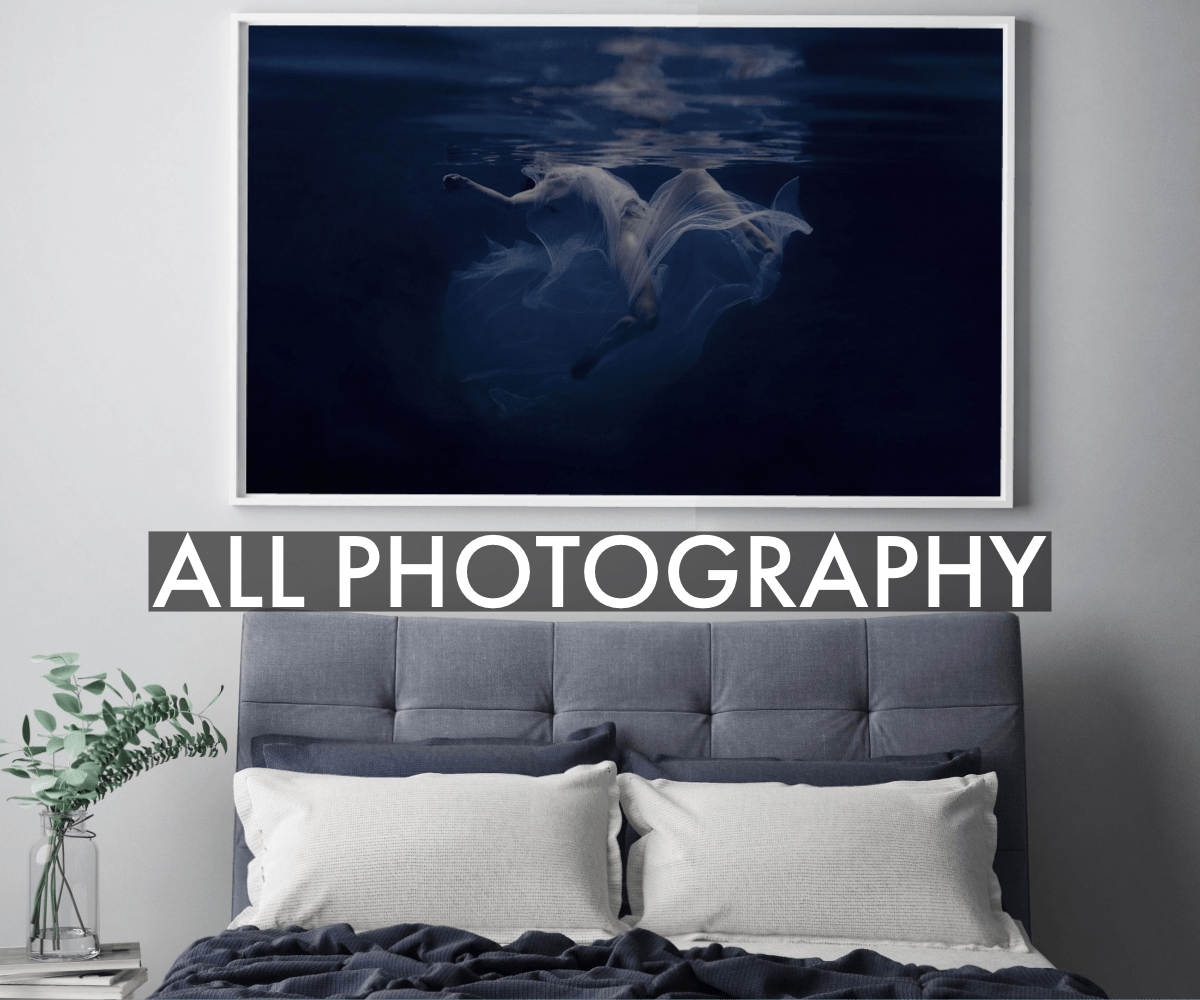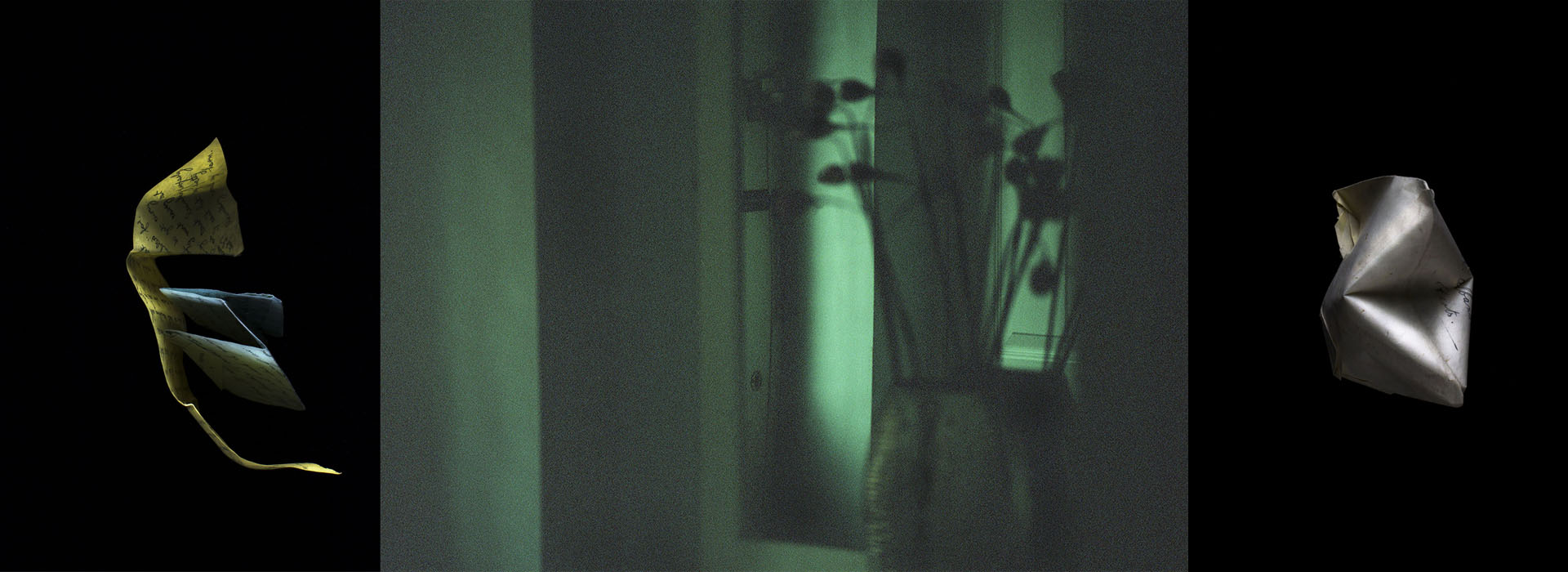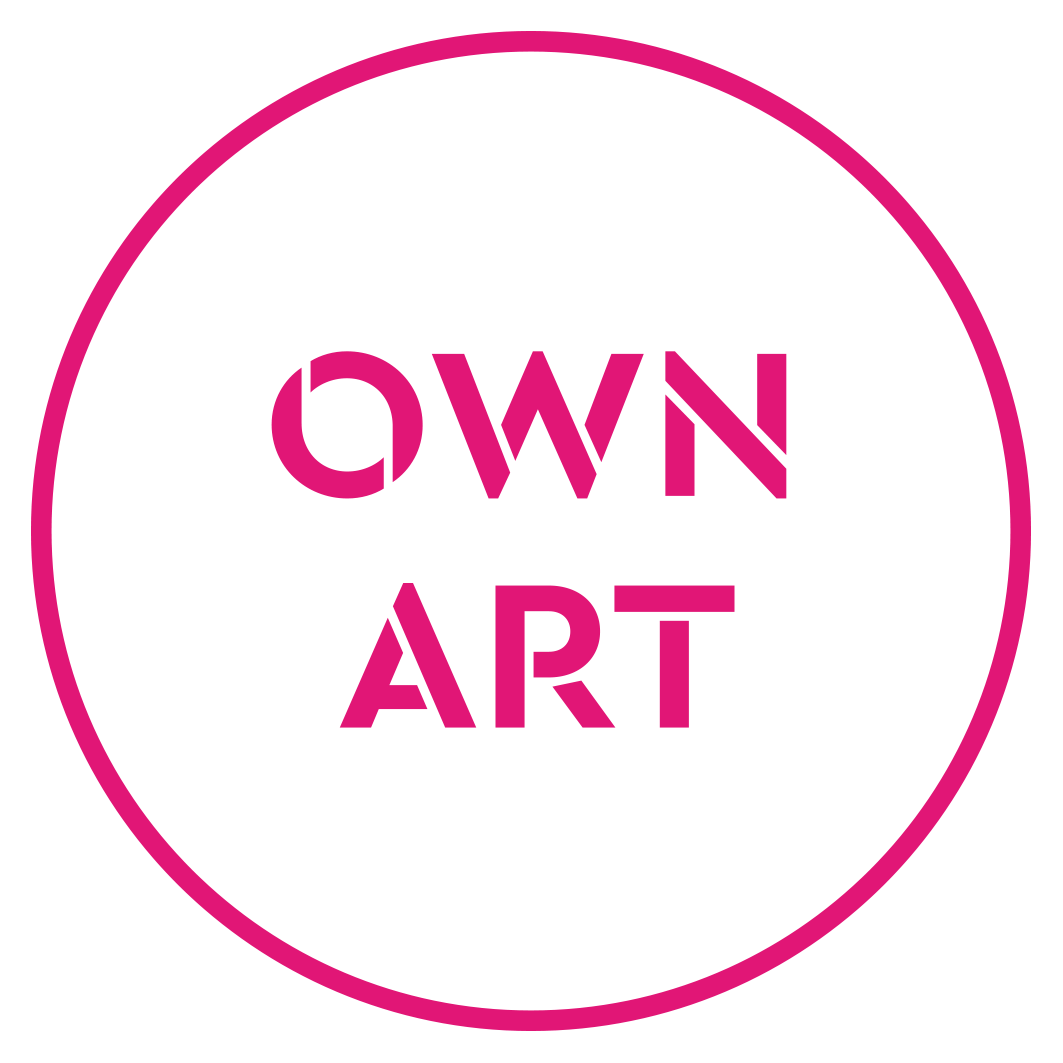Hannah is a 21-year-old Fine Art Photographer, who has recently Graduated from Falmouth University. Her work explores ideas around identity, memory, absence and metaphors for the process of remembering and forgetting.
1) Which art movement do you consider most influential on your practice?
Surrealism, as it has the intentions of merging dream with reality, this relates to my own practice as I attempt to photograph the process of remembering and forgetting.
2) Where do you go and when to make your best art?
At University I would spend hours photographing in the studio or a full day screen printing, but I think I have taken my best photographs at home. I have spent many nights editing and listening to music in my room or in the library.
3) How do you describe your 'creative process'?
My creative process is quite emotional, as my work is so personal with a running theme of loss, absence and attempting to place my own identity, it involves digging up memories of my childhood and searching for forgotten family documents. It can be quite stressful because I never have a specific direction or idea of the form my work will take; I experiment with a range of materials and processes, such as screen printing, photographing in the studio, bookbinding and casting, until I find one that best suits what I am trying to express visually. The work I make at the begin of a project is always completely different to my final outcome.
4) Which artist, living or deceased, is the greatest inspiration to you?
Elisa Sighicelli was one of the first artist's to inspire me, I became interested in her work early on when I was studying Art and Photography at school. Her photographs scrutinise ordinary things, in a way that reveals beauty in the everyday. I find it interesting how there is no specific narrative in Sighicelli's work; the way she displays her photographs through light allow them to be suggestive. My fascination with capturing the ordinary is still present in my own practice; Particularly in the series Detriment to a Family Album, where I pair the stillness of home with distressed family photographs that are haunted with memories of domestic abuse.

5) If you weren't an artist, what would you do?
I have always been interested in going into teaching Art/ Photography, I would love to teach students new creative processes and encourage them to push the boundaries. My photography teacher, Claire Harwood, was such an inspiration to me at school and helped me through the process of applying to University. It would be so rewarding to help someone achieve their ambitions and make a positive impact like that!
6) What do you listen to for inspiration?
I have quite a big range in music taste, it really depends on my mood, but if I'm editing I would probably listen to Kaytranada because there isn't a bad tune on his album, 99.9%.
7) If you could own one artwork, and money was no object, which piece would you acquire?
It would probably have to be one of Floris Neusüss photograms, because each life-size piece is unique, and they are so beautiful.
8) If your dream museum or collection owner came calling, which would it be?
MoMa.
9) What is your key piece of advice for artists embarking on a fine art or creative degree today?
Take full advantage of all the facilities that are available to you.
Take a real interest in other people's work.
10) What is your favourite book of all time (fiction or non-fiction)?
I can't pick just one favourite book! But my favourite photography book of all time is Shadow Catchers: Camera-less Photography.
11) If you could hang or place your artwork in one non-traditional art setting, where would that be?
I have always thought about displaying light boxes through the tunnels in the underground, as so many people from all walks of life pass by everyday, and taking a few minutes to view the work could be a pause from the rush of everyday life.
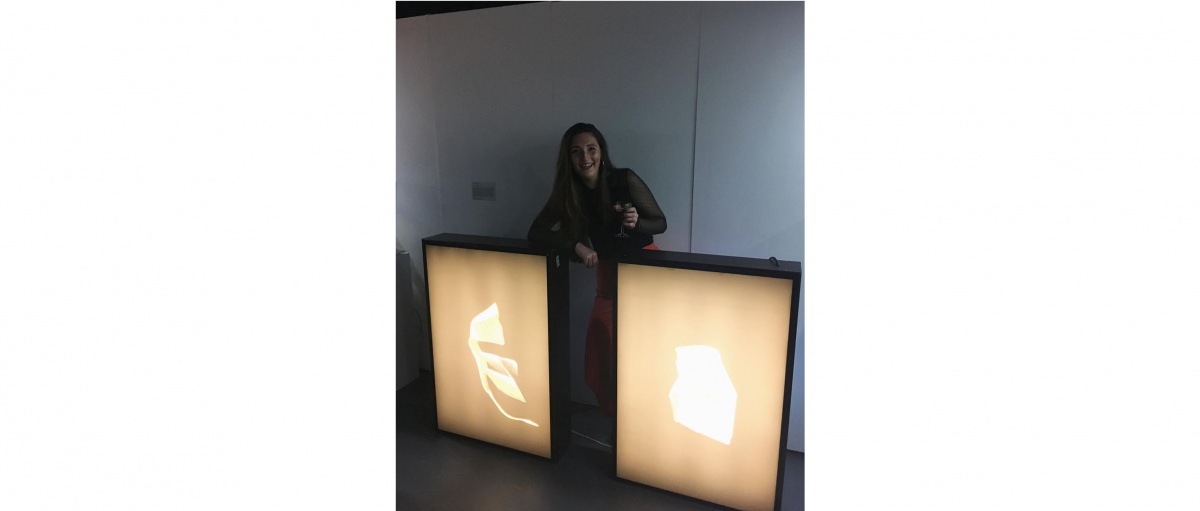
12) What was the biggest lesson your university course or time studying taught you?
Studying Photography taught me to value constructive criticism and not to take comments personally or to heart. Through this, I have become a lot more confident in showing my work to others, and I have taken more risks in my practice by pushing myself, which has resulted in final pieces I am really happy with.
13) And finally, if we were to fast forward 10 years, where would we find you?
I am still unsure as to what I want to do exactly, but I would hopefully be well travelled, still making personal work and be happy in a photography/ creative job role.


